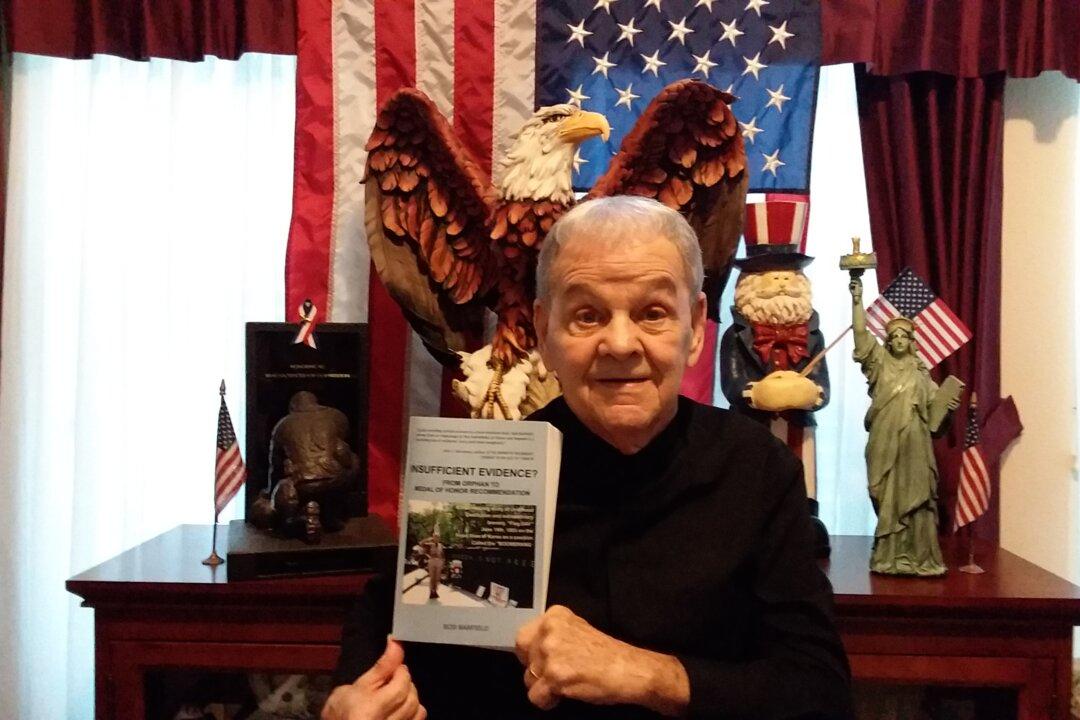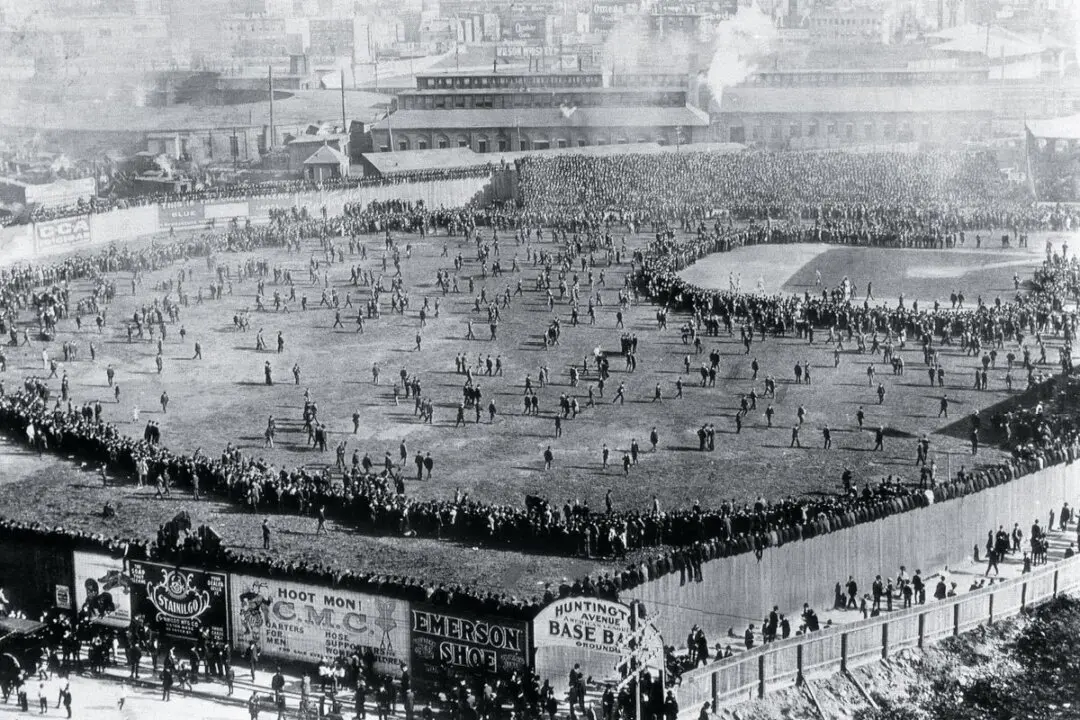Growing Up
Barfield was born in Philadelphia during the arduous years of The Great Depression. His parents were divorced. His mother abandoned the family, and his father couldn’t afford to keep him and his older brother, John. At the age of 3, Barfield found himself living with John in the Southern Home for Destitute Children in Philadelphia. Though technically not orphans, the two would remain in an orphanage for seven years.
Until he reached the age of 17, he would live most of his life in either an orphanage, a foster home, or a reform school. He lived a minimal amount of time with his father and stepmother; and during those times, without the presence of his brother, it would have been a cold and isolated existence, as their stepmother wanted nothing to do with them. Their existence was, however, stable.
At the age of 11, his mother, newly remarried, reentered his life suing for visitation rights. Somehow, she had managed to convince John to move in with her. He followed his brother’s lead―a decision he would soon come to regret. He had traded a stable home for an unstable one. A cold and unfriendly stepmother for a mean and violent stepfather.
By the end of his two-year stay with his mother, she would falsely accuse John of theft, sending him to a reform school, while Barfield would move four times to three states—Pennsylvania, California, North Carolina, and back to Pennsylvania—and attend 10 different schools. His mother decided to move back to Philadelphia after her brief tenure with her third husband.
It was this return that found him on the doorsteps of his father’s home at 3 a.m. It was a home in which he was no longer welcome. In fact, he wouldn’t be allowed back into the home for another four years. During that time, he lived in a reform school called Kis-Lyn Industrial School for Boys, which treated its pupils more like adult convicts and less like struggling adolescents.
Kis-Lyn was so primal that Barfield ran away five times. The punishment for running away was solitary confinement in a quasi-jail cell for no less than a week. During this time, which could be up to two weeks, he was given only bread and water. His head would also be shaved. Before being tossed into the cell, he would receive a paddling that would leave his legs and rear end bleeding (something the boys termed “lifting” because the swat from the paddle would lift them off their feet).
He endured these consequences, but the reputation he earned among the other boys practically made it worthwhile. He would be idolized during his time there.
His existence at the reform school, and indeed his first 17 years, prepared him for his time in the U.S. Army and the Korean War.






